CelluloseNanofibres. RENEWABLE
RENEWABLE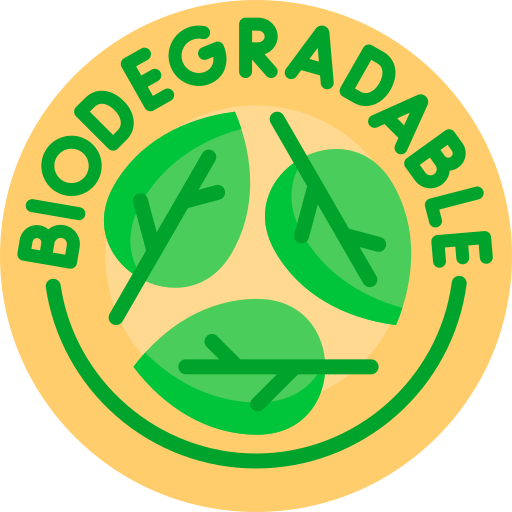 BIO-DEGRADABLE
BIO-DEGRADABLE RECYCLABLE
RECYCLABLE

Types of CelluloseNanofibres options available
Shop all of CelluloseNanofibres products.
All Categories
Cellulose Films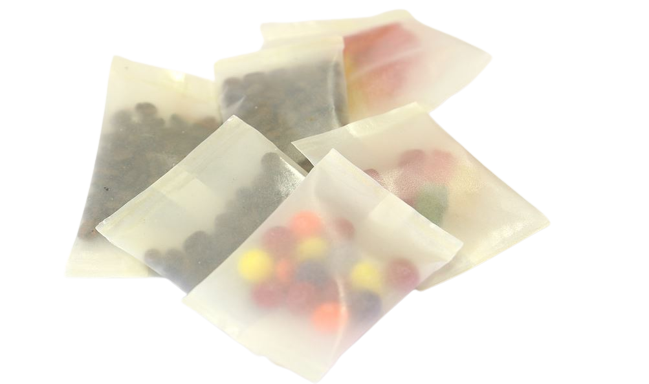

Go shopping
Description : Cellulose packaging films are eco-friendly alternatives to traditional plastic films. They are made from renewable cellulose fibers, biodegradable, and compostable, reducing environmental impact.
 Carbon Footprint: 850 to 1,400 kg CO2e per tonne
Carbon Footprint: 850 to 1,400 kg CO2e per tonne
 Time to decompose : a few weeks in facility
Time to decompose : a few weeks in facility
 Recyclability : 2 to 3 times
Recyclability : 2 to 3 times
 Price Range : $ 0.20 to 0.40*
Price Range : $ 0.20 to 0.40*
Read More
Cellulose Tags and Labels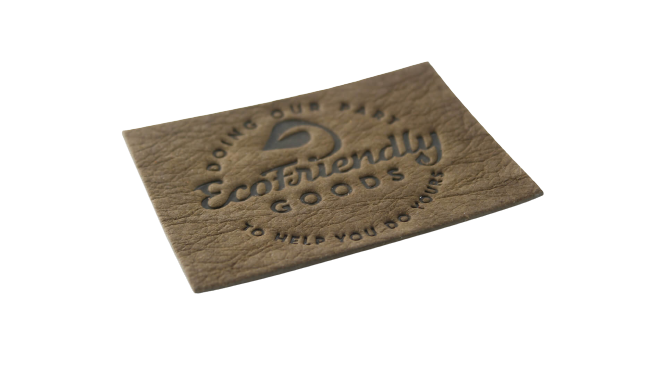

Go shopping
Description : Cellulose tags and labels are sustainable alternatives to traditional paper and plastic tags. They are made from renewable cellulose fibers, biodegradable, and compostable, reducing environmental impact
 Carbon Footprint: 850 to 1,400 kg CO2e per tonne
Carbon Footprint: 850 to 1,400 kg CO2e per tonne
 Time to decompose : a few weeks in facility
Time to decompose : a few weeks in facility
 Recyclability : 2 to 3 times
Recyclability : 2 to 3 times
 Price Range : $ 0.20 to 0.40*
Price Range : $ 0.20 to 0.40*
Read More
Cellulose Tray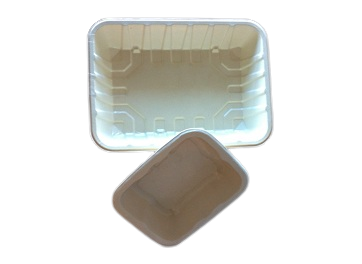

Go shopping
Description : Cellulose trays are sustainable alternatives to plastic trays. They are made from renewable cellulose fibers, compostable, and suitable for food packaging, reducing environmental impact.
 Carbon Footprint: 850 to 1,400 kg CO2e per tonne
Carbon Footprint: 850 to 1,400 kg CO2e per tonne
 Time to decompose : a few weeks in facility
Time to decompose : a few weeks in facility
 Recyclability : 2 to 3 times
Recyclability : 2 to 3 times
 Price Range : $ 0.20 to 0.40*
Price Range : $ 0.20 to 0.40*
Read More
Cellulose Cushioning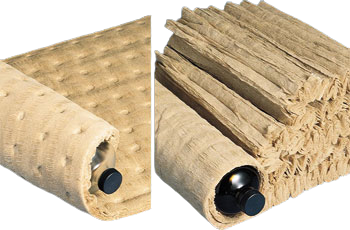

Go shopping
Description : Cellulose cushioning is a sustainable alternative to plastic bubble wrap. It is made from renewable cellulose fibers, biodegradable, and provides protective padding for packaging.
 Carbon Footprint: 850 to 1,400 kg CO2e per tonne
Carbon Footprint: 850 to 1,400 kg CO2e per tonne
 Time to decompose : a few weeks in facility
Time to decompose : a few weeks in facility
 Recyclability : 2 to 3 times
Recyclability : 2 to 3 times
 Price Range : $ 0.20 to 0.40*
Price Range : $ 0.20 to 0.40*
Read More
About CelluloseNanofibres packaging
- Renewable and Sustainable: Cellulose nanofiber packaging is derived from renewable plant-based sources, such as wood pulp. It offers a sustainable alternative to conventional plastic packaging materials, reducing the reliance on fossil fuels and contributing to a more environmentally friendly packaging solution.
- High Strength and Barrier Properties: Despite its lightweight nature, cellulose nanofiber packaging exhibits impressive strength and barrier properties. It has a high tensile strength and can provide excellent protection for various products. Its barrier properties help to preserve the freshness and quality of food and other sensitive items.
- Biodegradability: Cellulose nanofiber packaging is biodegradable. It can naturally decompose into simpler organic compounds through biological processes when exposed to the environment or specific composting conditions. This characteristic reduces the environmental impact and supports a more sustainable waste management system.
- Versatile Applications: Cellulose nanofiber packaging has a wide range of applications. It can be used for flexible films, coatings, trays, and even as an additive in composite materials. Its versatility allows for customization and adaptation to various packaging needs across different industries.
- Potential for Renewable Nanomaterials: Cellulose nanofiber packaging represents the potential for utilizing renewable nanomaterials. Nanocellulose, the primary component of cellulose nanofiber, has exceptional mechanical properties and can be derived from a variety of sources, including agricultural waste. This opens up opportunities for sustainable nanomaterial production and a range of innovative applications beyond packaging.


